We pay more for organic foods because they promise to be healthier and pose less risk to our health. However, for many products in the market, this isn’t really the case. We’ve compiled some of the cleanest non-organic produce you can safely eat so that you can save yourself some money.
Bananas
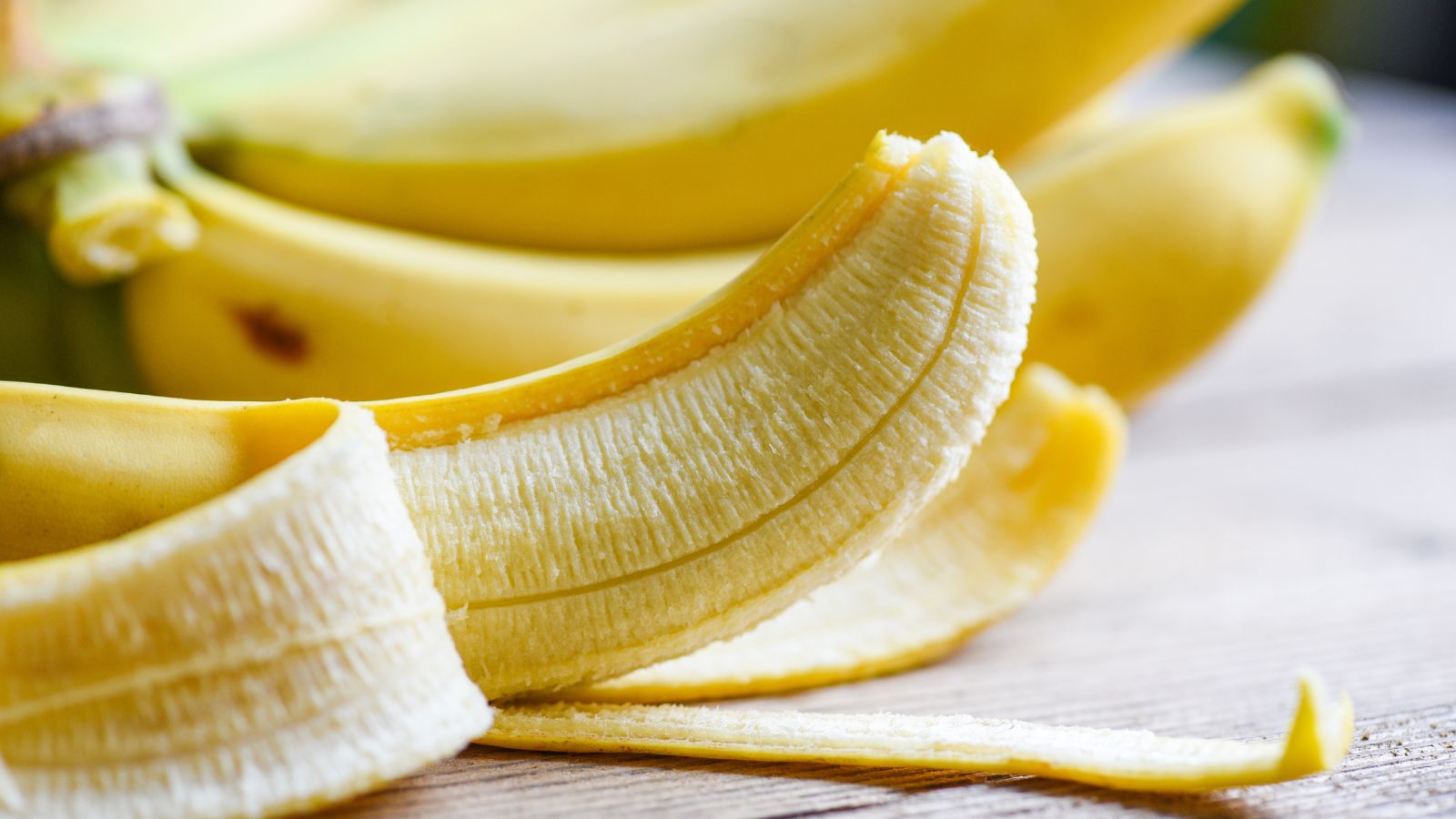
The effects of pesticides on bananas are generally minimal, and this is because banana peels are too thick for pesticides to leave harmful residues on the pulps. This makes it unnecessary to spend more money on organic bananas since they offer the same nutritional values as the non-organic alternatives.
Avocadoes
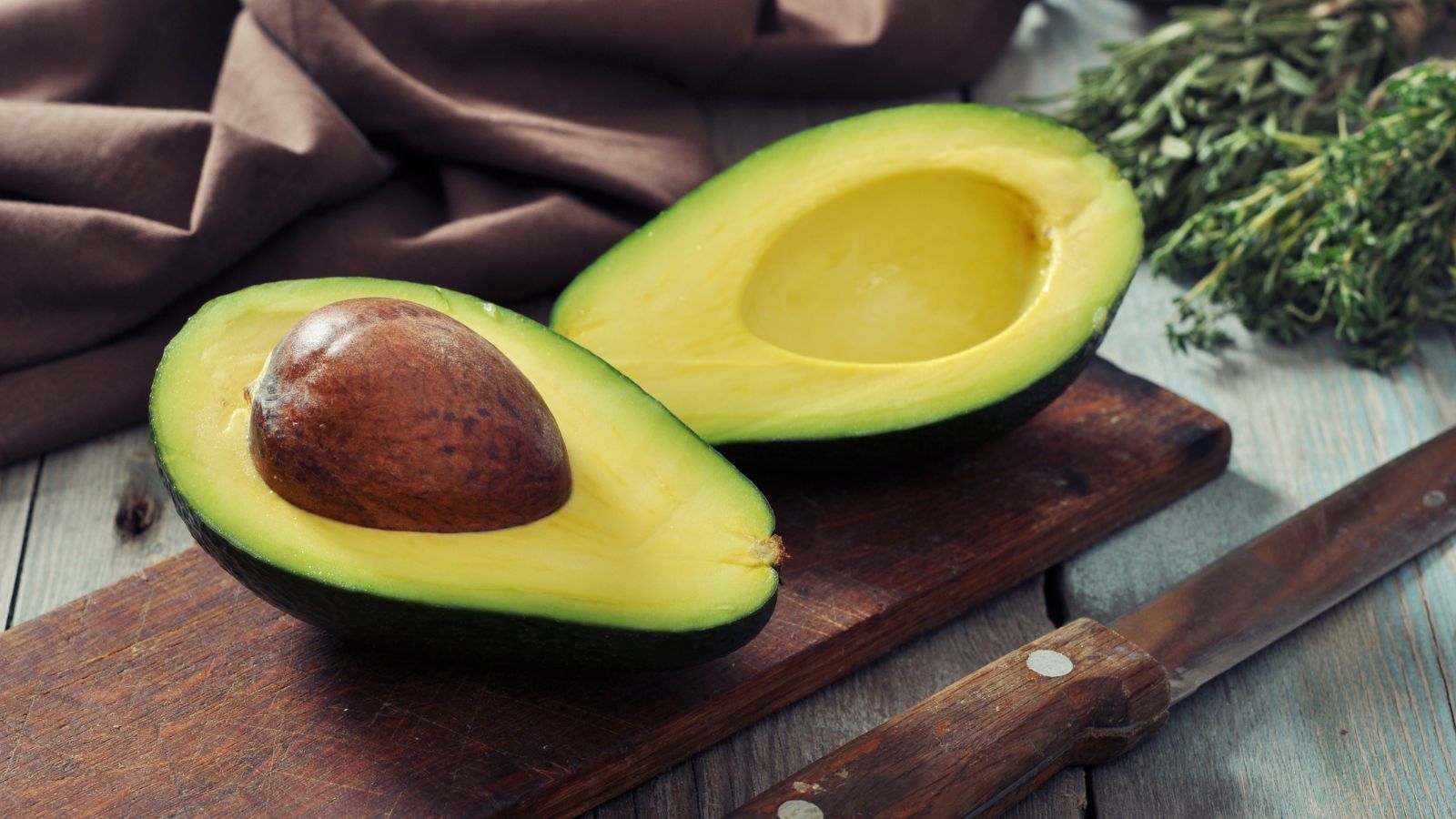
The thick skin of avocados shields the inner fruit from pesticides, too, and since avocado skins are discarded, there’s barely anything to worry about. In fact, avocados are some of the cleanest non-organic fruits around, and CNN reports that only less than 1% of avocados test positive for pesticides.
Pineapples
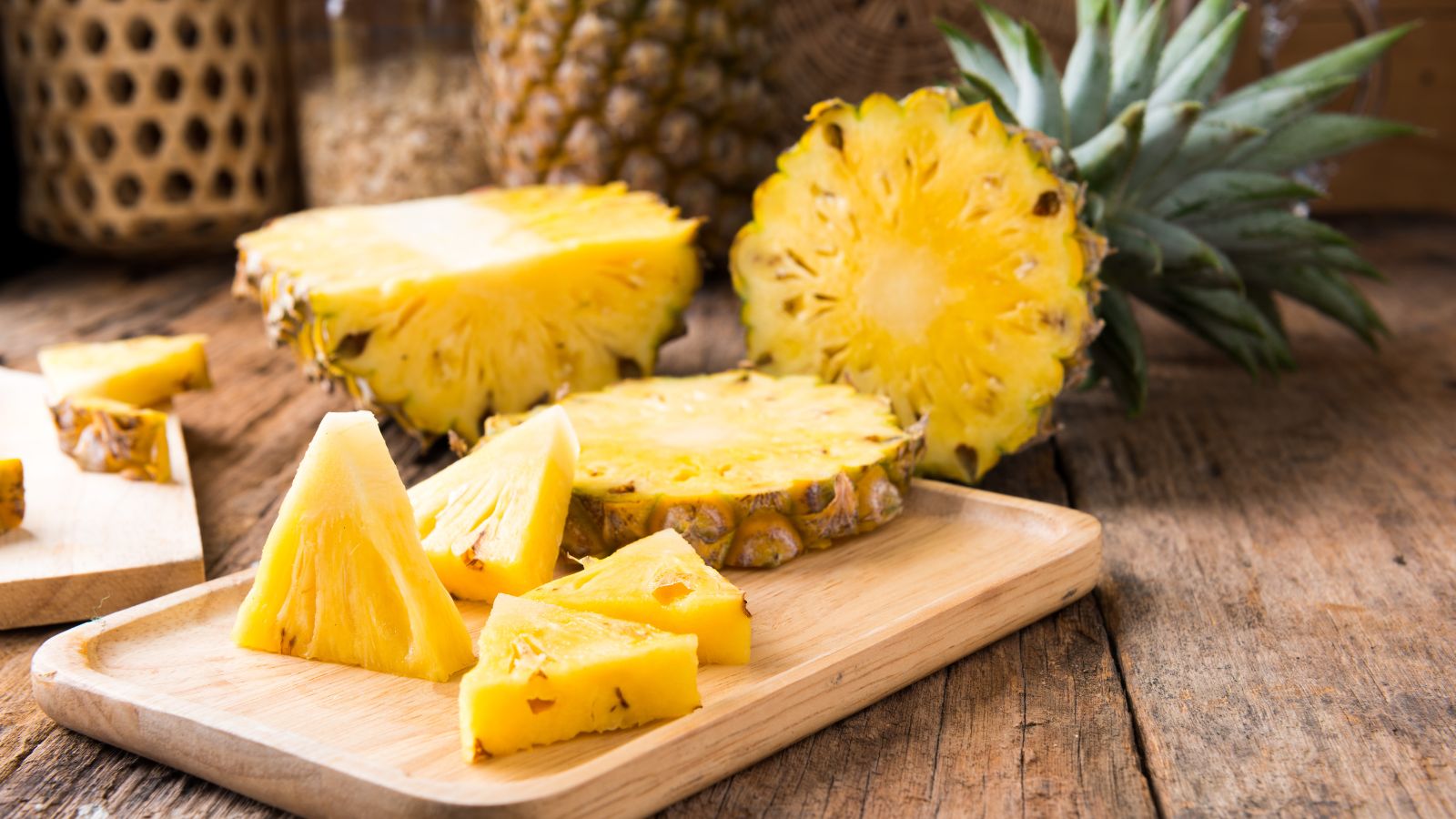
Non-organic pineapples are also typically safe to consume, thanks to the outer shell (inedible skin) protecting the inner fruit. And there’s also no difference in taste or nutrients when you compare organic pineapples to their non-organic counterparts, which makes the latter a better option.
Sweet Corn
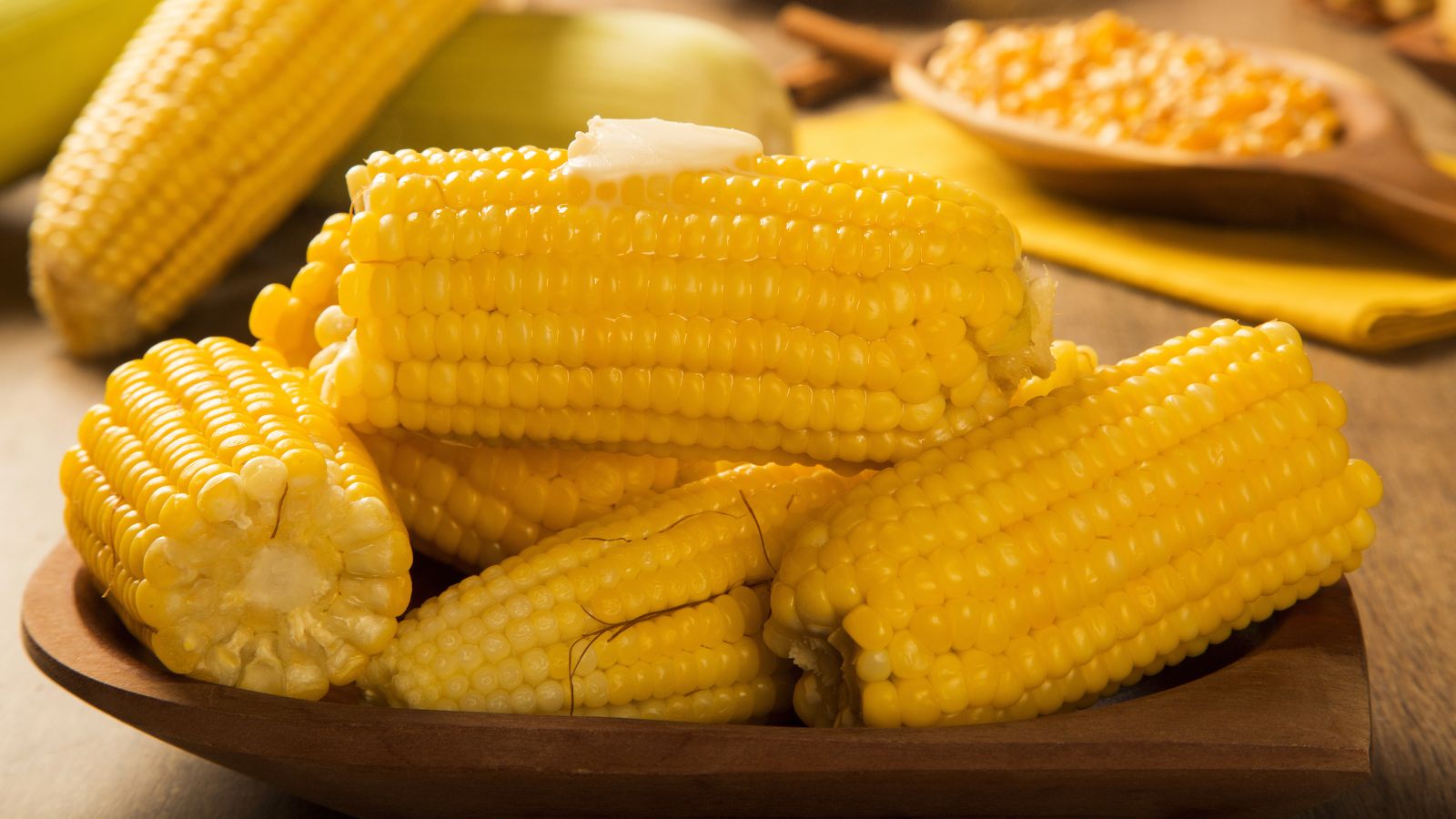
Like avocado, sweet corn is also deemed one of the cleanest non-organic foods you can consume. Again, this is because its kernels are effectively protected from pesticides by the husk—reports show that only 2% of corn is said to have any chemical residue in it.
Cabbage
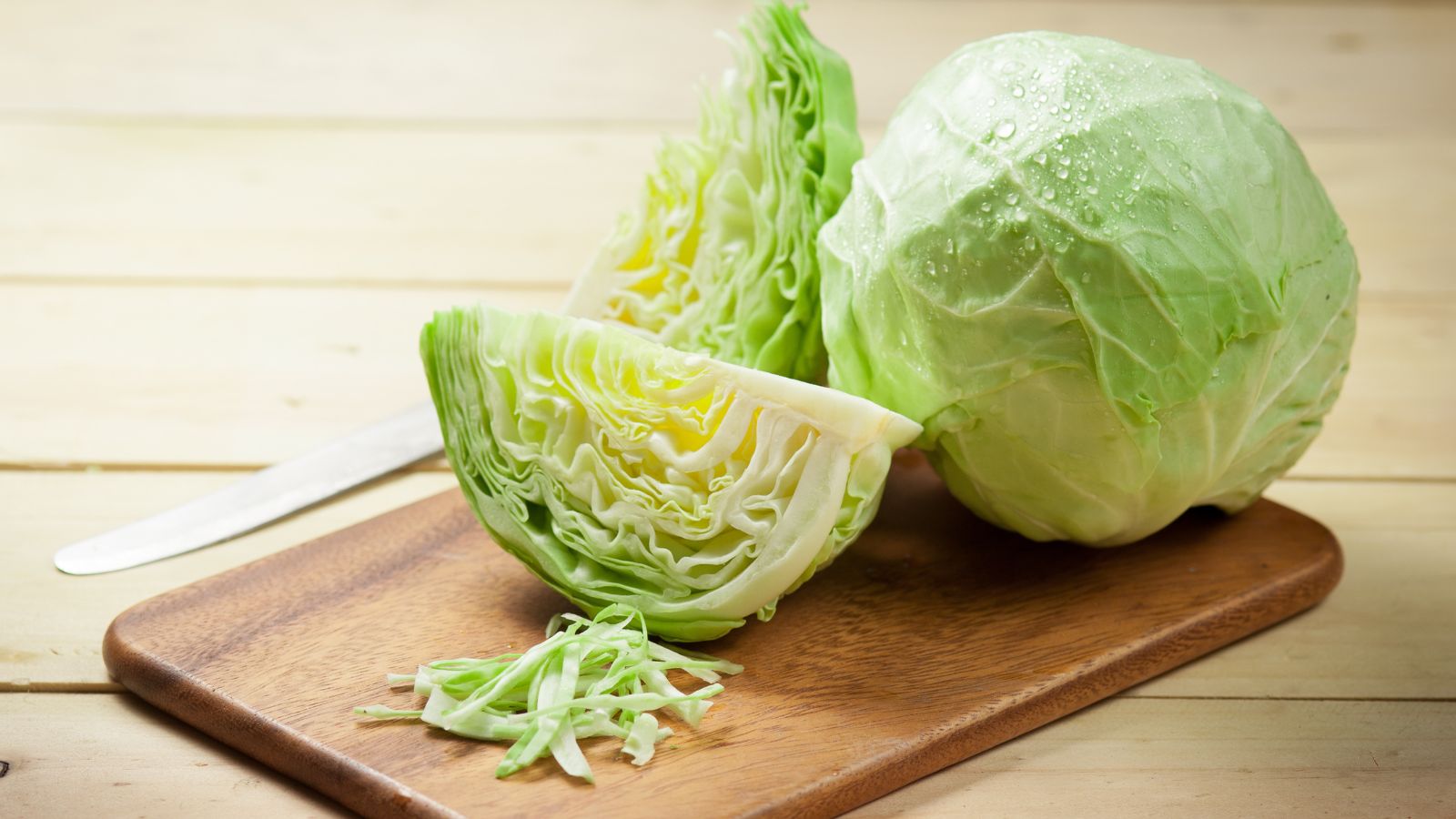
The thick, leafy covers of cabbages also act as a natural barrier against pesticides. This means you don’t have to worry about the non-organic ones as you’ll only be paying more for organic produce that offers the same nutrients and barely any advantages.
Kiwi
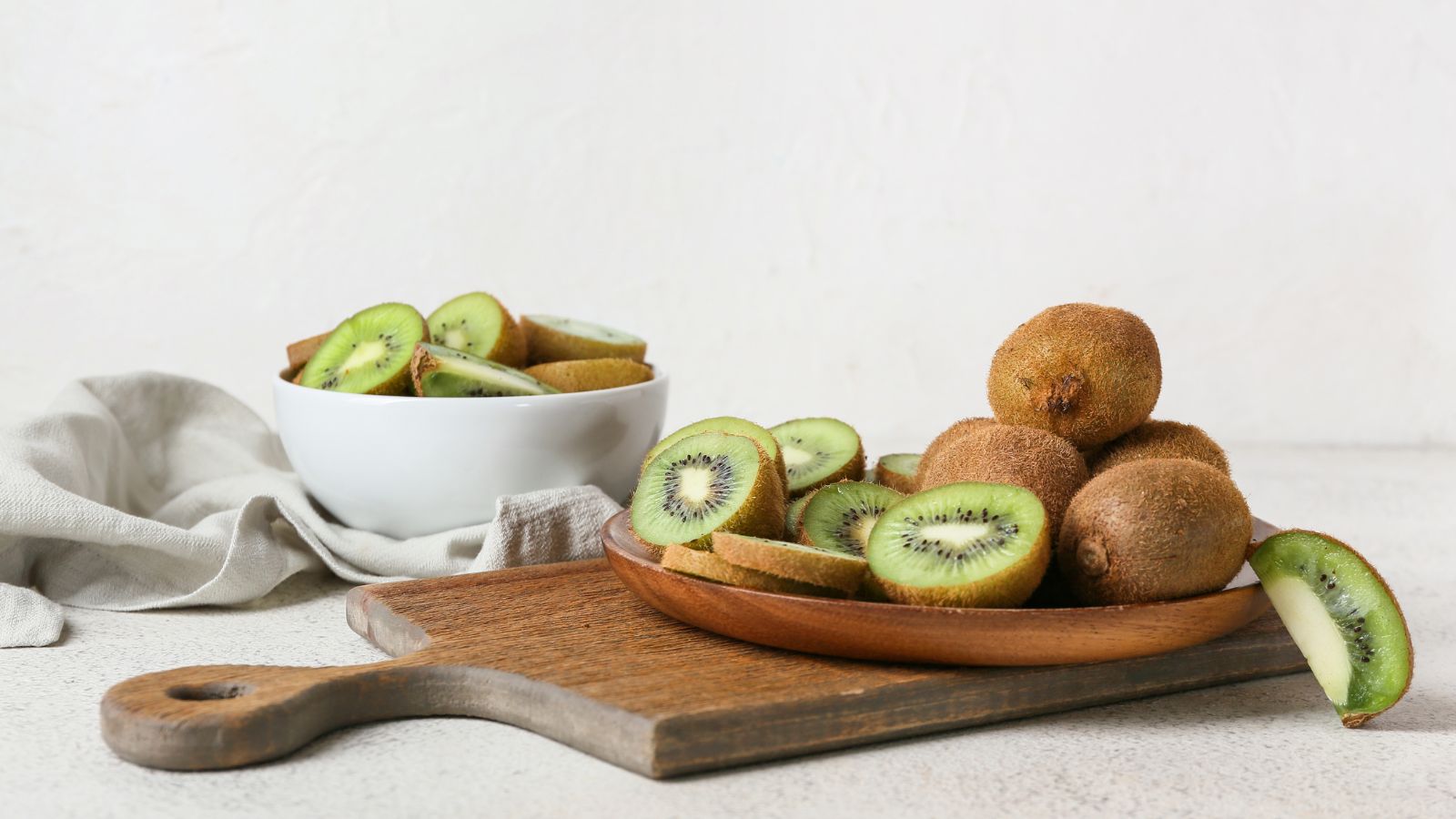
Kiwi is another fruit known to be a pesticide-free produce, so much so that many say you can safely eat its peel, too—after washing it, of course. However, if you want to be absolutely safe, you can abandon the fuzzy skin and eat only the soft fruit it protects inside.
Onion
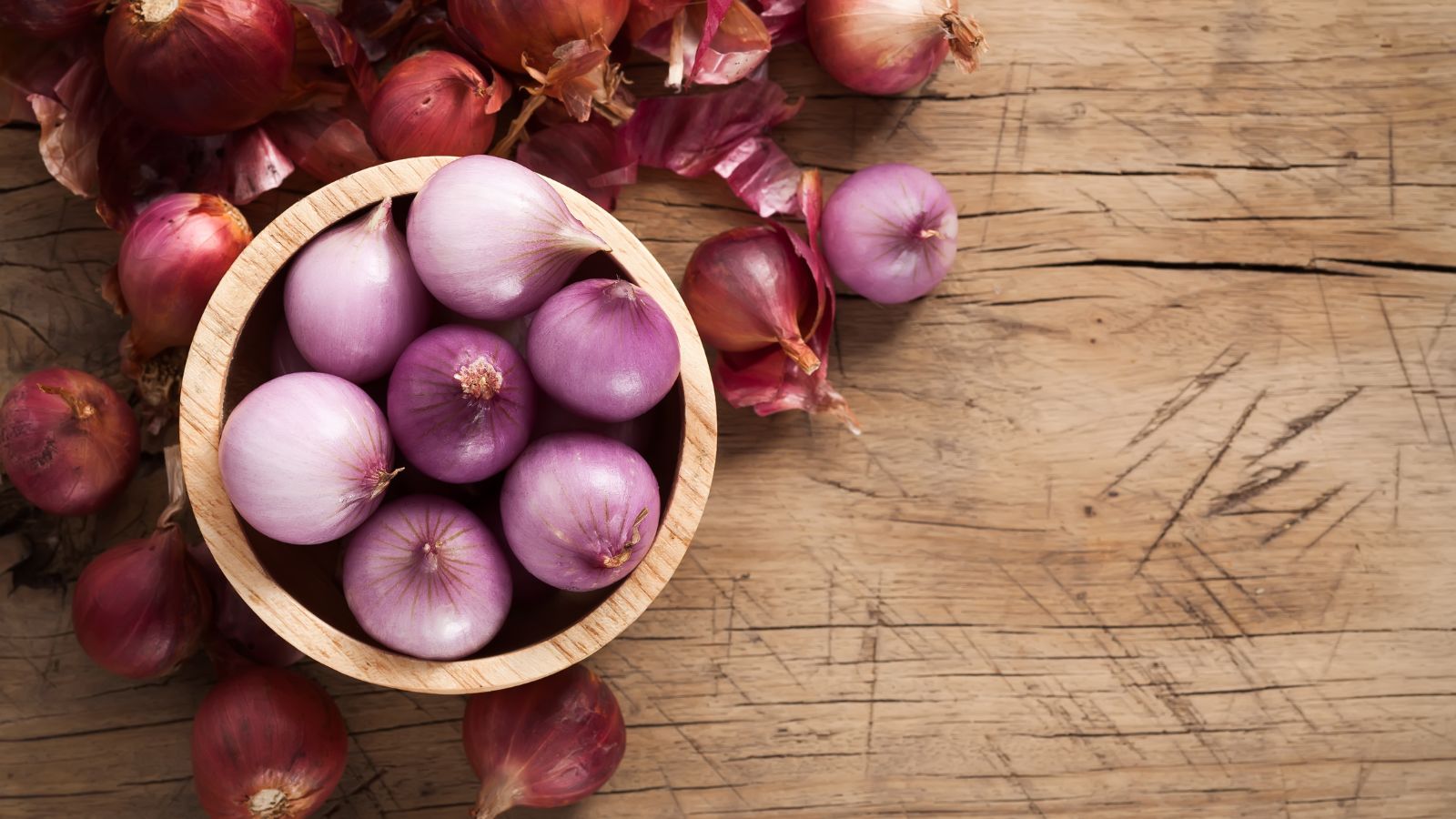
Ordinarily, according to the University of Wisconsin, the sulfur compounds in onions act as a natural repellent for many pests that attack onion bulbs underground. But when chemicals like chlorpyrifos and cypermethrin do have to be used, the residues of these aren’t typically found in harmful amounts in conventionally grown onions.
Eggplant
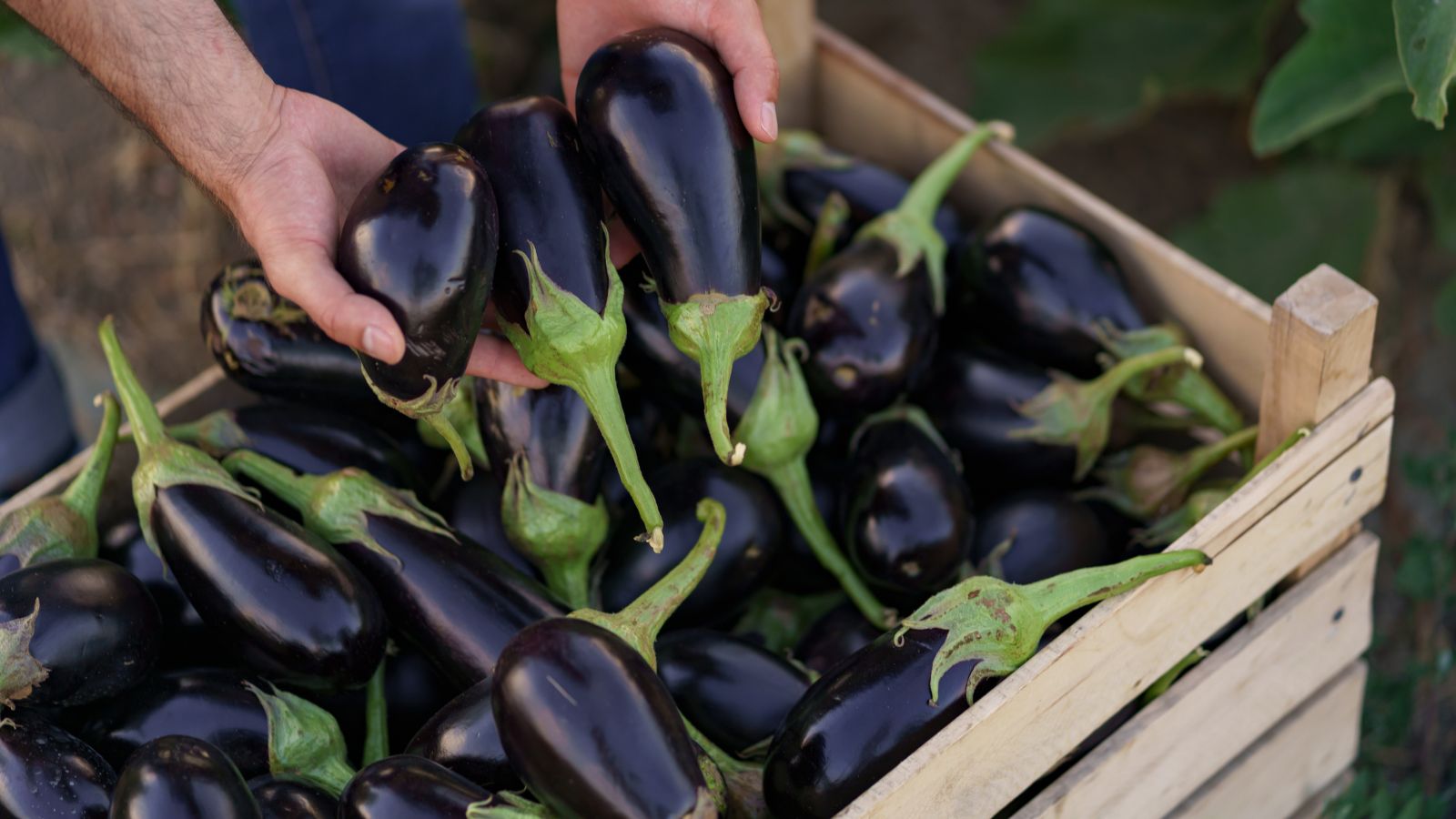
Only three types of pesticides are typically found on the thick skin of eggplants, and only 25% of eggplants are even recorded to have these contaminants. Additionally, when you avoid eating the skin of eggplants, you assure yourself that there’s absolutely nothing to worry about.
Asparagus
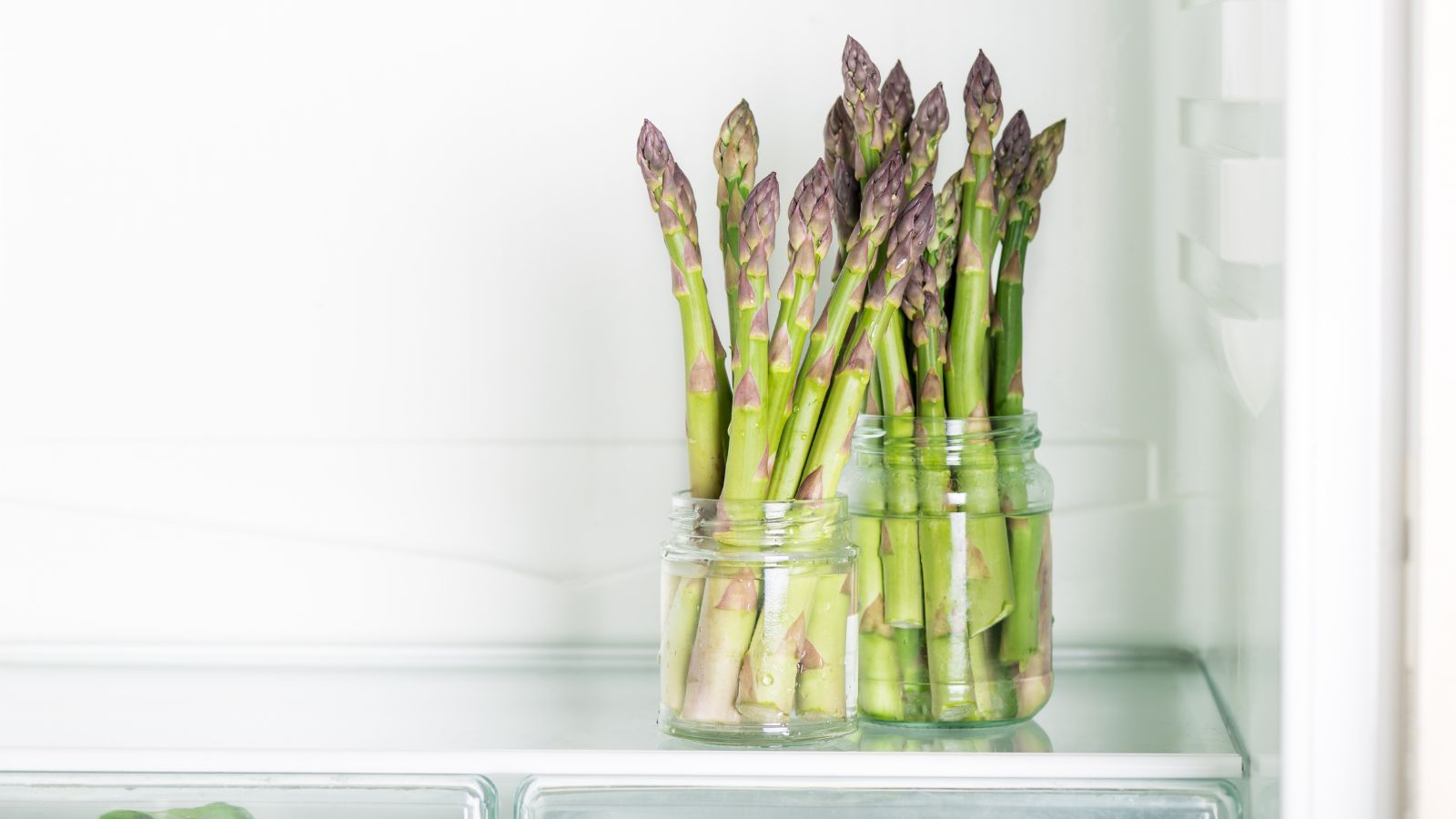
Asparagus has natural repellent properties against pests—it’s even used to make some organic pesticides against beetles. Because of this, it requires fewer pesticides than most other foods, and, thanks to similarities in nutrients, it also allows you to save money on organic produce without worrying about your health.
Mangoes
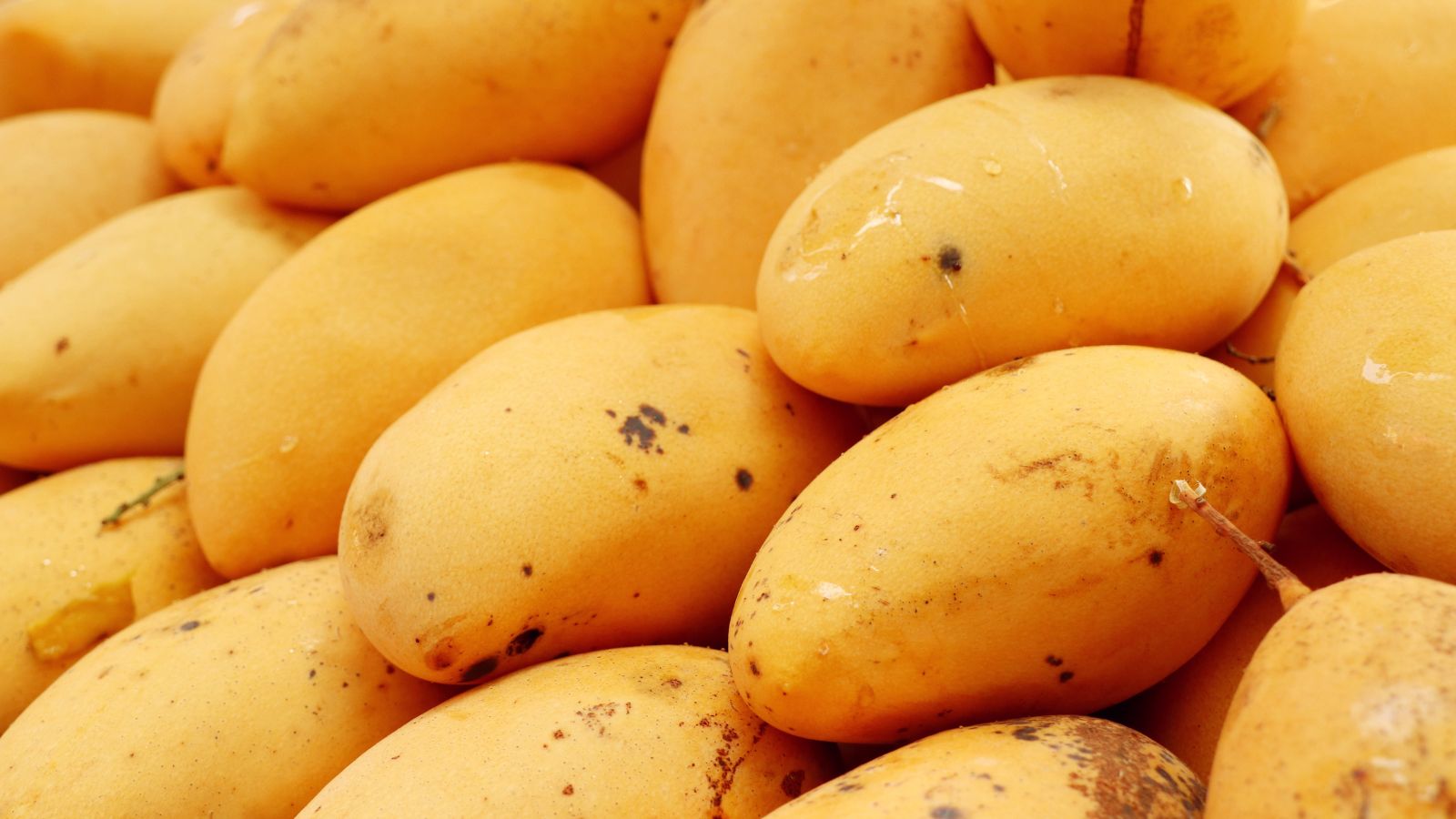
A majority (78%) of mangoes are said to be free of pesticides, and even mangoes that are contaminated are regarded as safe to eat. Why? This is because the residues of thiabendazole, the most common pesticide found in contaminated mangoes, remain at levels below safe EPA limits.
Watermelon
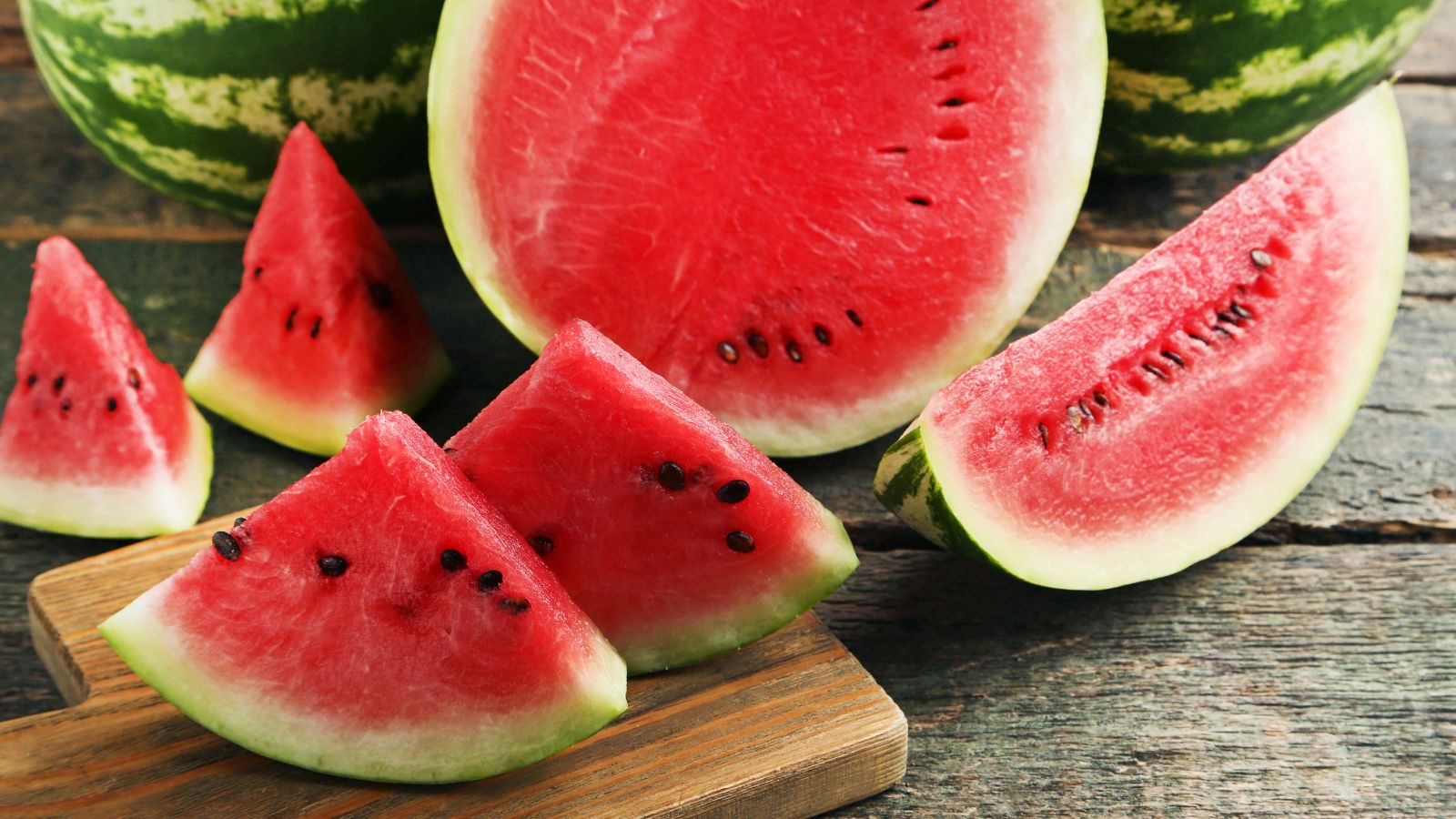
Like the others on our list, watermelon’s thick rind protects the inner, hydrating fruit from pesticide contamination. As long as you avoid eating this thick skin, you remain as safe and nourished with non-organic watermelons as you are with the more expensive organic fruits.
Grapefruit
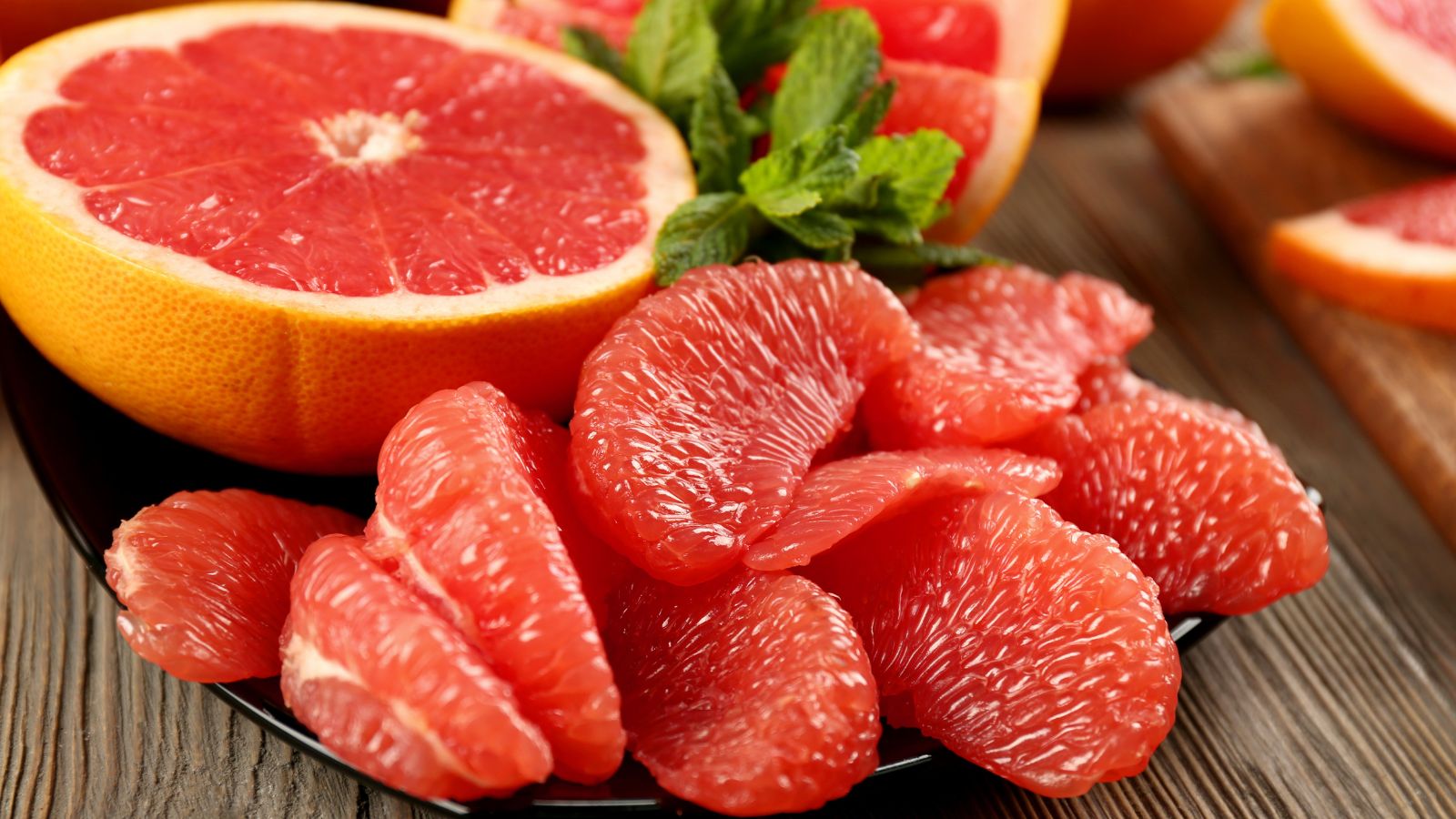
Pesticides are concentrated on the thick, non-edible peel of grapefruits, which effectively prevents contaminants from penetrating into the edible parts of them. The only advantage of organic grapefruits is, as an NIH study shares, that they contain more ascorbic acid and sugars, as well as lower amounts of nitrate.
Sweet Potatoes
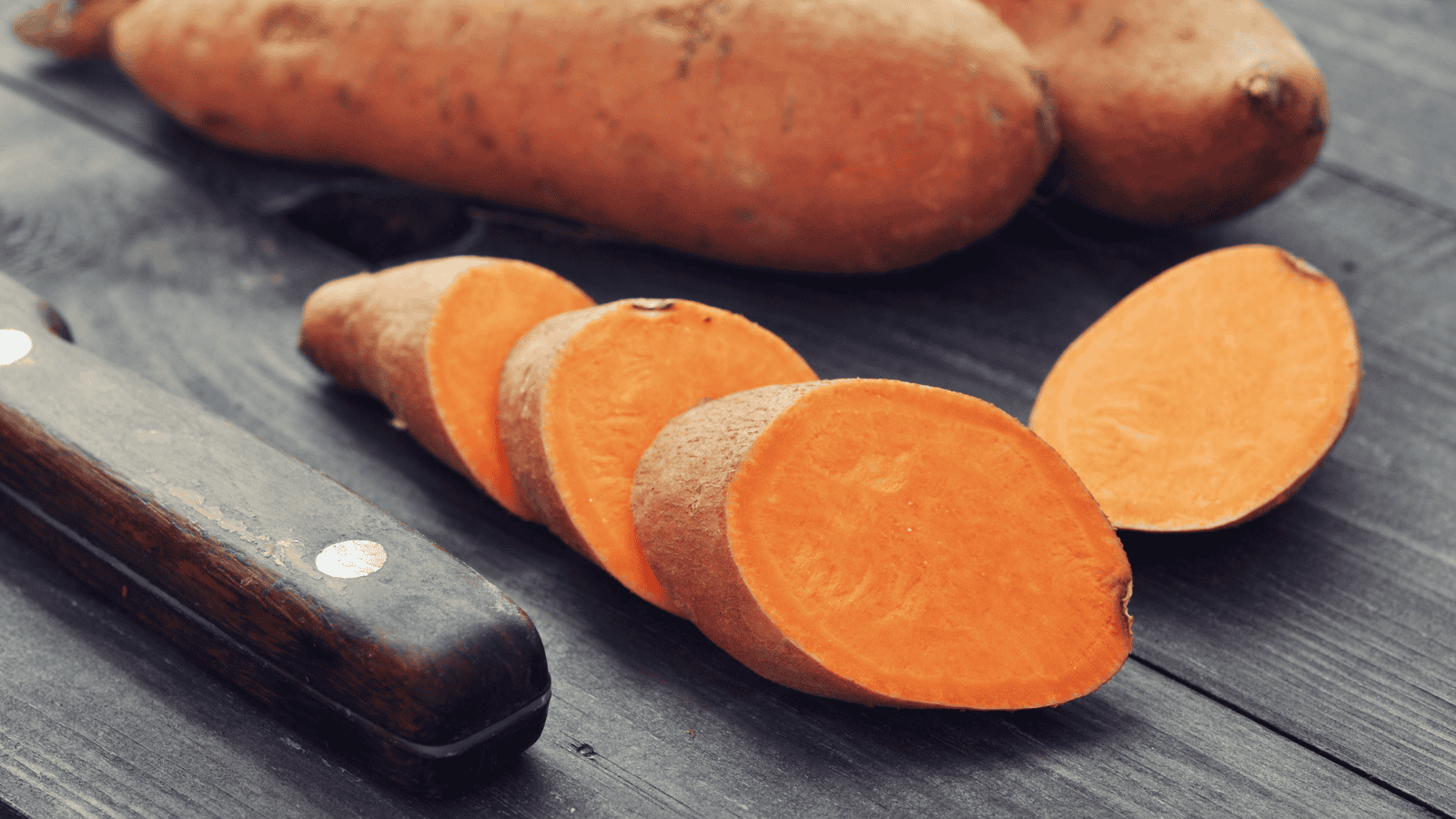
The worst thing you’ll have to deal with concerning sweet potatoes is dirt on their skin—which you’ll see with organic variants as well. Apart from this, sweet potatoes, like corn and avocados, have a reputation as being some of the safest non-organic produce you can find in the market.
Papayas
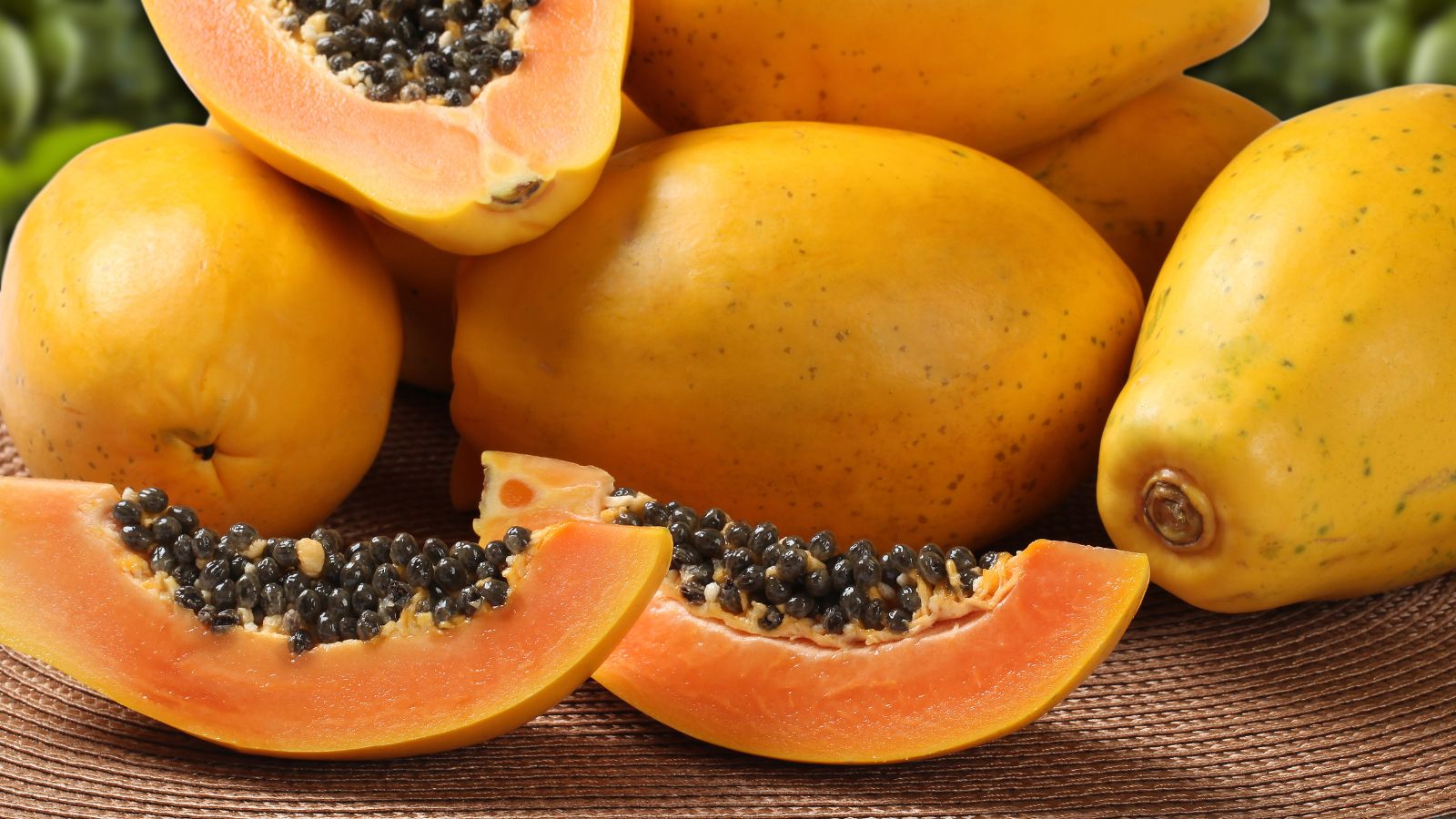
Over 80% of papayas you’ll find sold in the market are said to be free of pesticides, and their thick skin makes the inner edible parts safe to eat, too. But we see people also advise against non-organic papayas because they may be genetically modified fruits. However, genetic engineering only helps papayas to be virus-resistant and doesn’t affect their nutritional content.
Cauliflowers
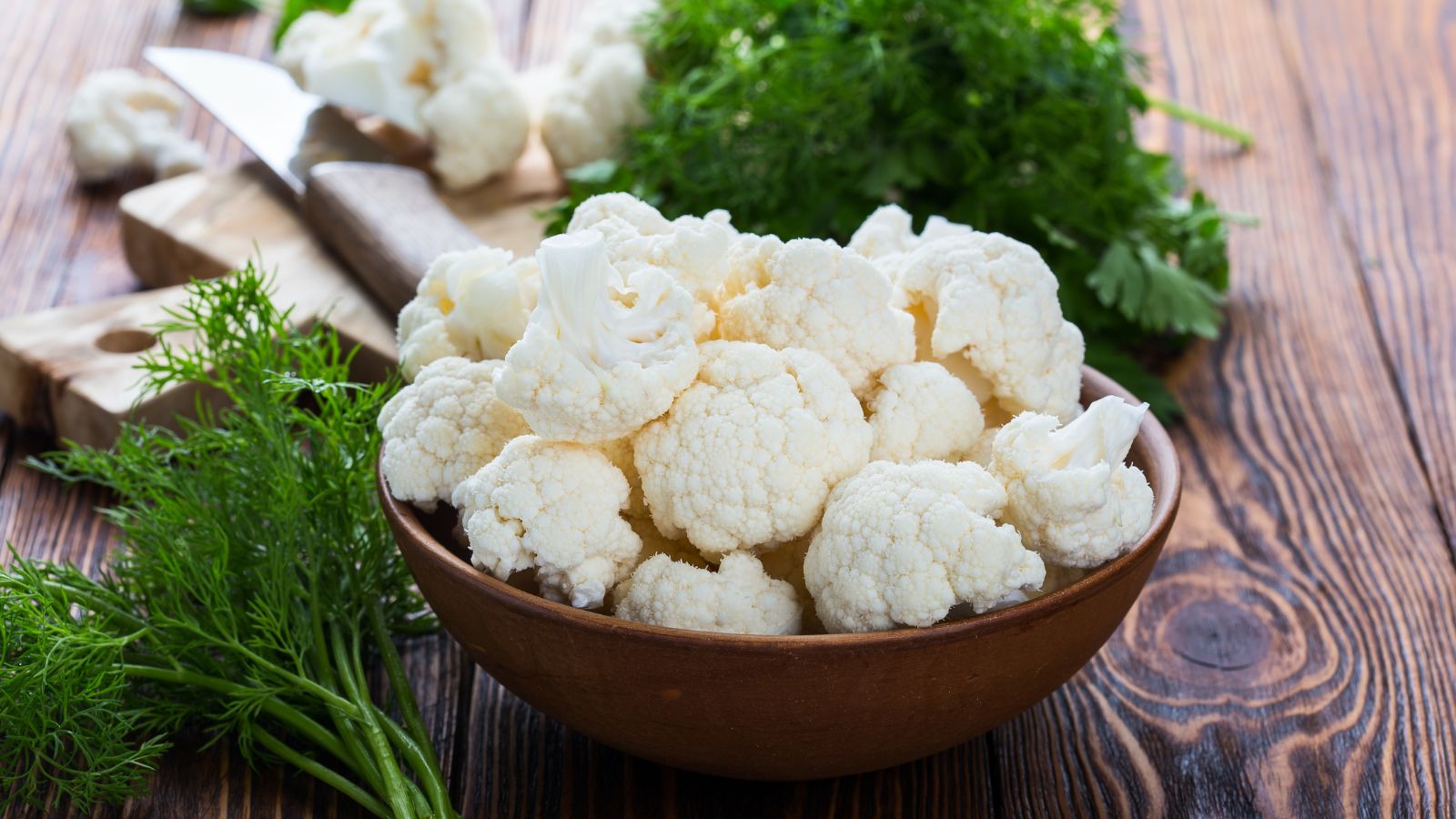
Even though 30% of cauliflowers have been found to have contaminants, the most common of which is imidacloprid, these vegetables are still safe to eat. Residues are often at safe consumption levels, so organic cauliflower should only be a choice if you want to spend more to save the environment.
Sweet Peas
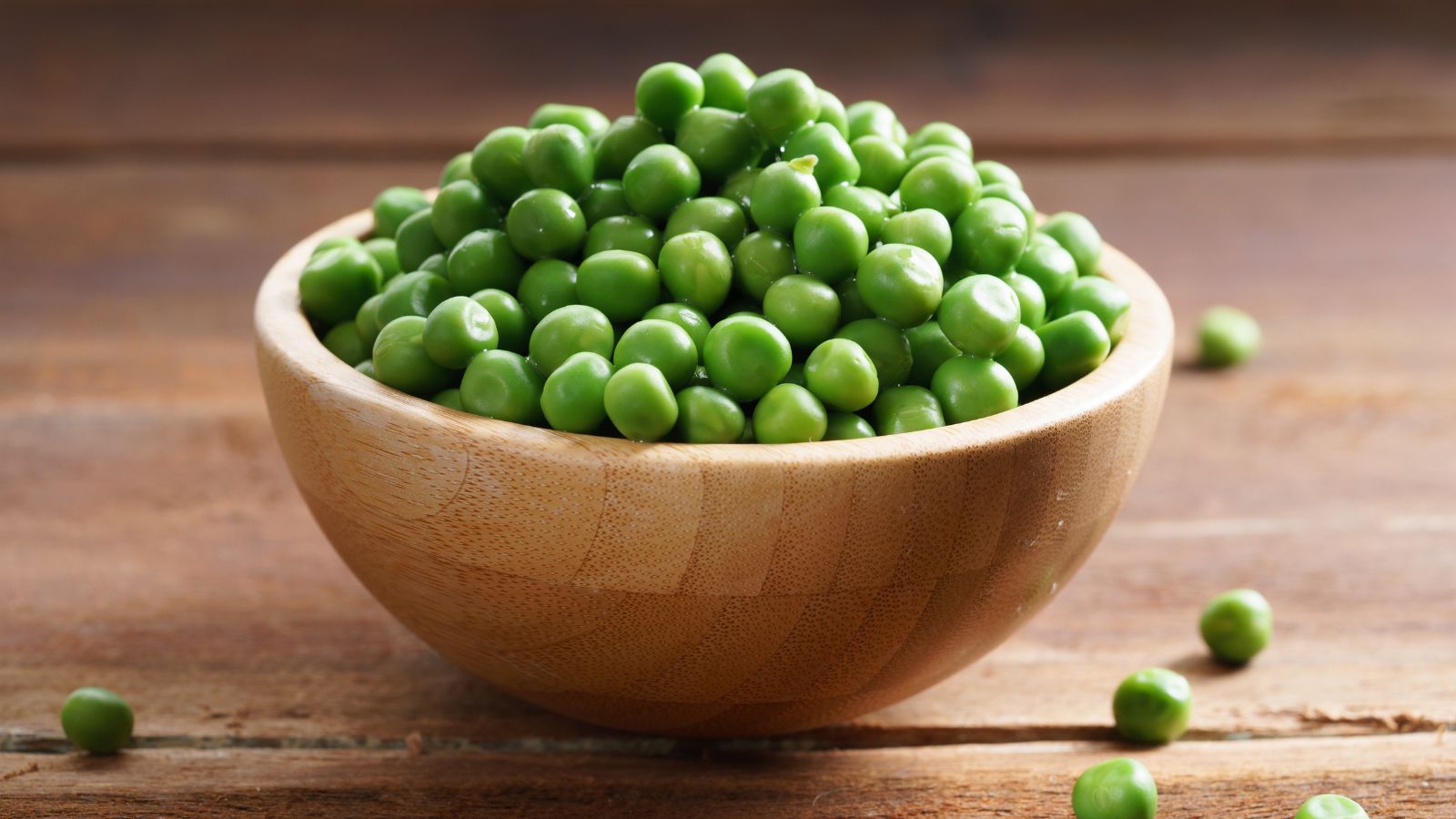
Sweet peas are protected by pods and are known to contain ignorable residues of only two types of pesticides. They even make it to the Environmental Working Group’s list of the 15 cleanest non-organic products of 2024, alongside additional mentions like mushrooms, carrots, and honeydew melon.
Cantaloupe
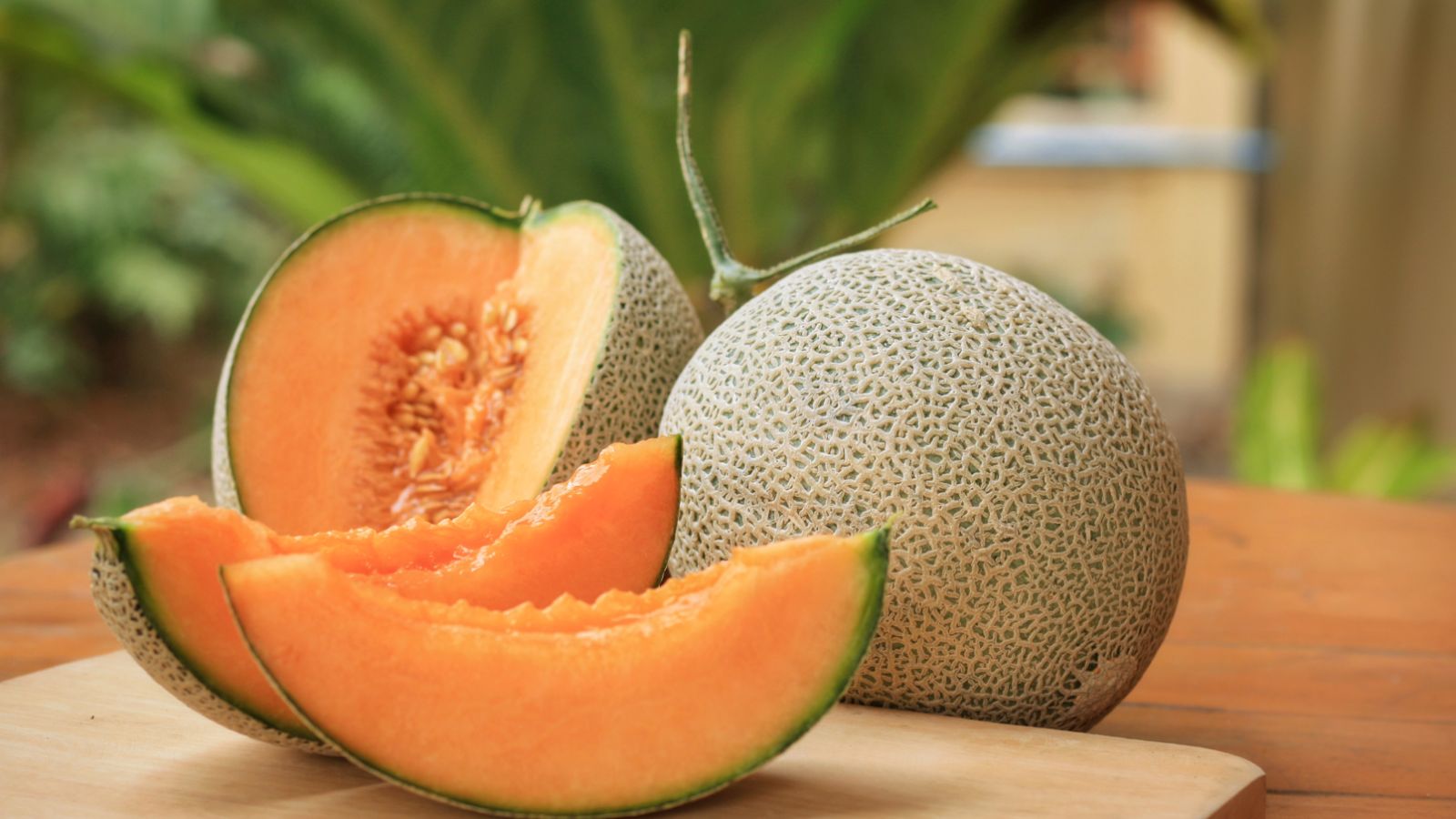
Thanks to the thick, non-edible rind that prevents pesticides from entering the fruit, cantaloupes are also safe to eat, whether organically or conventionally grown. What you don’t want to eat, however, is pre-cut cantaloupe sold at the store due to the risks of cross-contamination and pathogen growth.
Broccoli
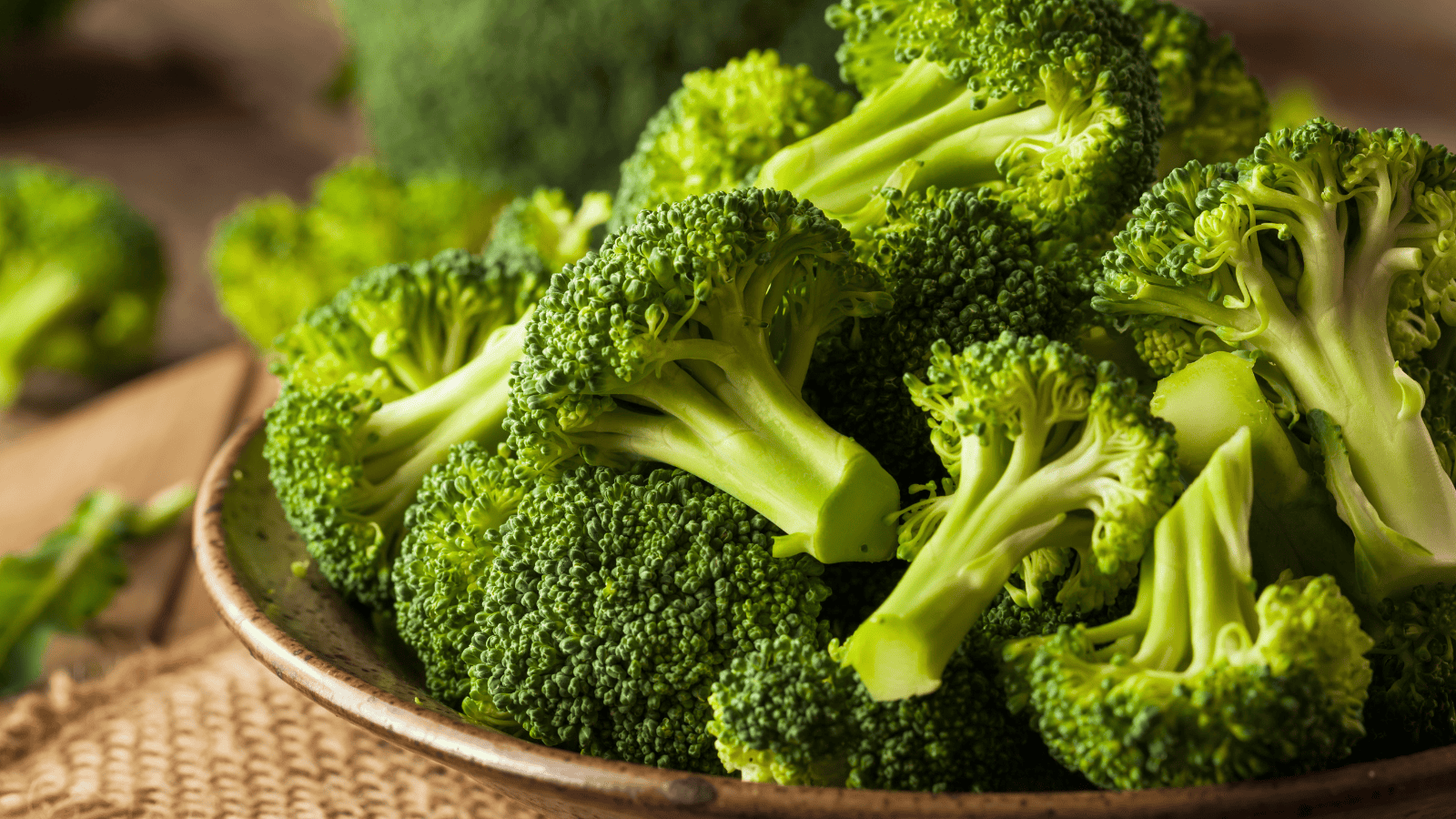
With broccoli, non-organic produce never retains harmful amounts of pesticide residues. This is because it doesn’t have many pests, and so it isn’t sprayed as much as many other foods on the market. Only one in ten broccolis is said to have more than one type of pesticide on them.
Up Next: 17 Things Most People Forget After Someone Dies

When a person dies, it’s easy for their partner or family members to overlook things while they process shock and grief. Despite the pain of losing a loved family member, it’s important to remember to organize these 17 things to prevent problems later on.
17 Things Most People Forget After Someone Dies
17 Phrases Confident People Use to Stand Up For Themselves

Confidence is a healthy and attractive trait that helps us stand firm in our values and set healthy boundaries. We can always become more confident, and learning the right ways to stand up for yourself is a great way to start. Here are 17 phrases you can use to do so.
17 Phrases Confident People Use to Stand Up For Themselves
20 Signs Someone Is Only Pretending to Care

Whether it’s to avoid hurting your feelings or if it’s part of a more elaborate plan to deceive you for benefits, people pretend for many reasons. The main theme with them, though, is that their actions never match the sugar-coated words that come out of their mouths. So that you don’t fall for someone like this, we’ve compiled 20 signs for you to look out for.
